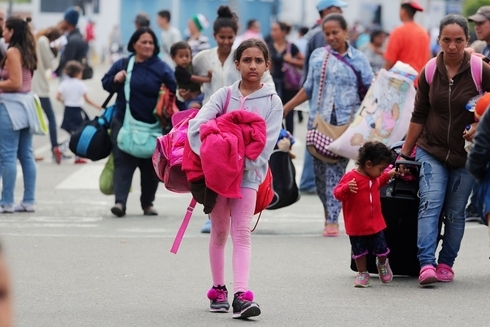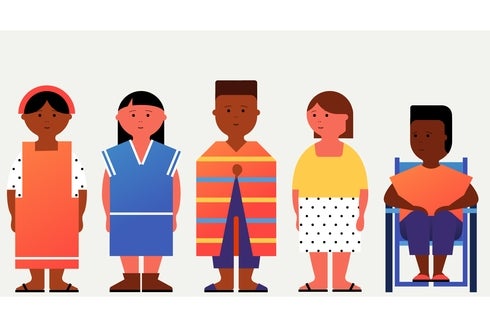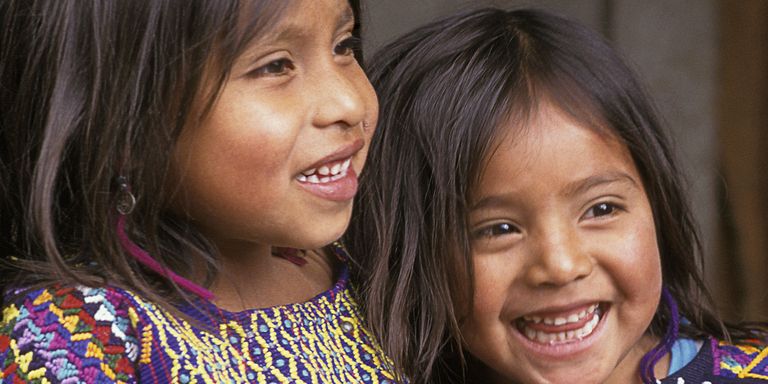Currently, there are 6.3 million migrant children in Latin
America and the Caribbean. Even though, most countries in
the region guarantee the right to education and allow school
enrollment of migrant children regardless of their migratory
status, they continue to face a series of administrative,
socioeconomic and emotional challenges that limit their
access, learning and integration. Those who left their
countries of origin under difficult circumstances may suffer
trauma. Many lack the official identification papers they need
to enroll in school. Many do not speak the local language, and
their schooling may have been interrupted.

The IDB supports governments in the region to help integrate migrant children and their families into local communities so they might realize their potential and contribute to their communities and recipient countries. The support includes a spectrum of strategies, ranging from swift enrollment of newly arrived migrant children, assessment of every child for accurate grade-level placement, access to educational tools and materials, and development of socio emotional skills, to teacher training in multicultural education, remedial education, intercultural bilingual education, and immersion language education.

The IDB supports a 4-pronged approach to integrate migrant students into school communities.

The IDB provides knowledge and expertise to assess the situation and understand the needs of migrant students and their families, exploring what works to help migrant students excel in school and life.

Additional resources to explore the IDB’s work to support migrant students .
Discover the topics in which we work to improve lives in Latin America and the Caribbean.
Explore our offices across countries and the work they do to improve lives.
